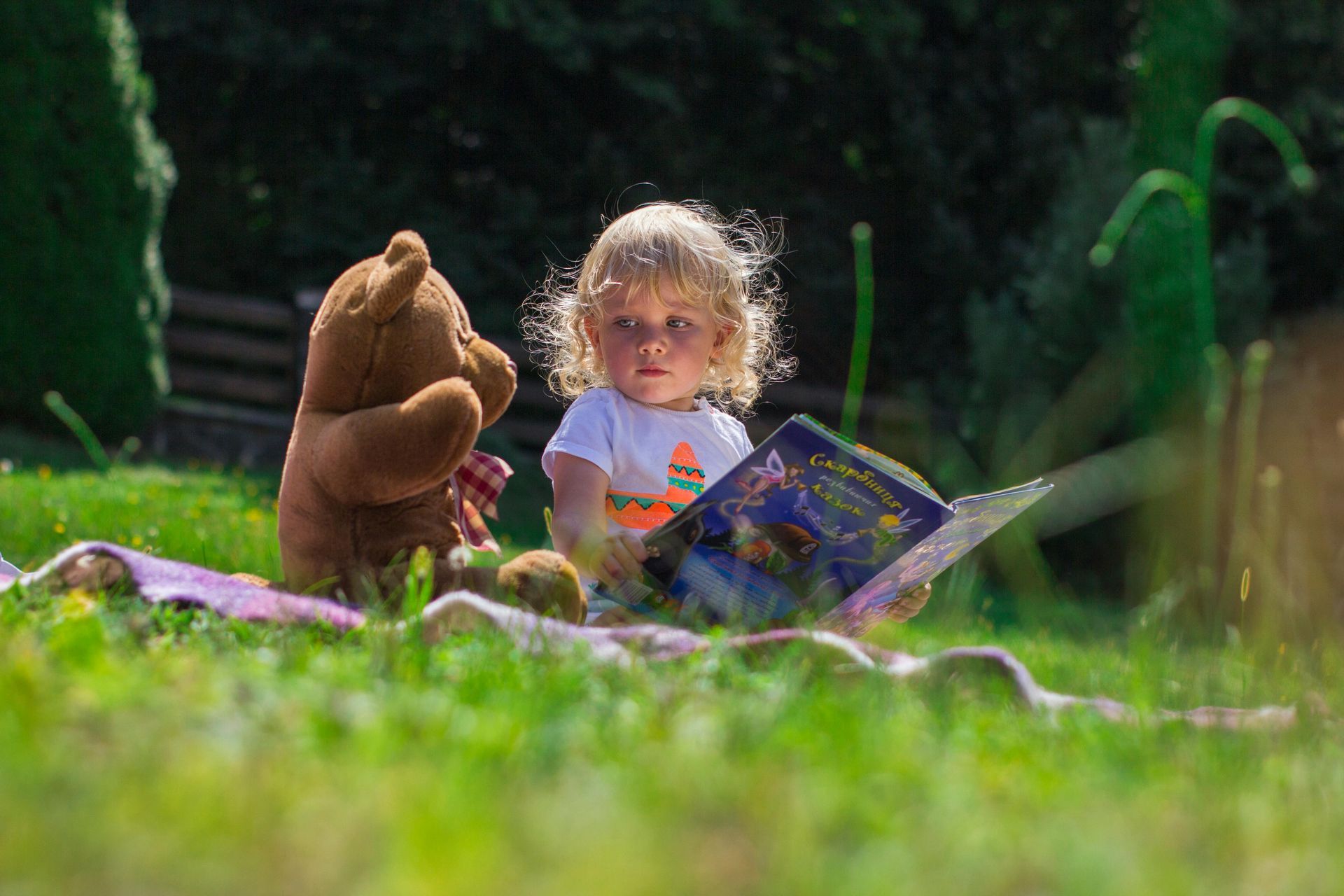Children's Mental Health Books: Relating to Key Stage 1 Children
In today’s world, where the mental wellbeing of even the youngest learners is becoming a crucial concern, the importance of age-appropriate literature is more significant than ever. The Children's Society UK has provided startling statistics that highlight the growing challenges in children's mental health, emphasising the need for resources that cater specifically to young minds. For children in Key Stage 1 (ages 5-7), the Mabel book series stands out as an invaluable resource.
Statistic research from https://www.childrenssociety.org.uk/what-we-do/our-work/well-being/mental-health-statistics
The Concerning Landscape of Children’s Mental Health
The Children's Society’s findings indicate that 1 in 6 children aged 5-16 is likely to experience a mental health problem, a statistic that is particularly alarming for children in Key Stage 1. These early years are critical for emotional development, and the 50% increase in mental health issues among young people over the past three years underscores the urgency for early intervention and support.
Statistic research from https://www.childrenssociety.org.uk/what-we-do/our-work/well-being/mental-health-statistics
The Role of Literature in Early Emotional Development
For Key Stage 1 children, books are not just stories; they are essential tools for emotional education and comprehension. In this regard, the Mabel book series is exceptionally well-suited for young learners.
Mabel Book Series: A Tool for Emotional Understanding in Key Stage 1
The Mabel book series is thoughtfully designed to help Key Stage 1 children understand and express their emotions. The adventures of Mabel are relatable and engaging, presenting emotional concepts in a manner that is accessible and pertinent to young children. These stories provide a gentle exploration of emotions such as happiness, sadness, fear, and anger, creating a safe environment for children to recognise and comprehend their own feelings.
At a time when even the youngest children are not spared from the challenges of mental health, the Mabel book series offers a ray of hope. These books go beyond mere entertainment; they are crucial tools in aiding children in Key Stage 1 to develop emotional intelligence and resilience. As parents, educators, and guardians, it is our duty to equip our children with resources that resonate with their experiences and support their emotional growth. The Mabel book series is a vital contribution to fostering the mental wellbeing of our youngest learners, helping them lay a solid foundation for a healthy emotional life ahead.

Design & Build by Kangaroo UK









